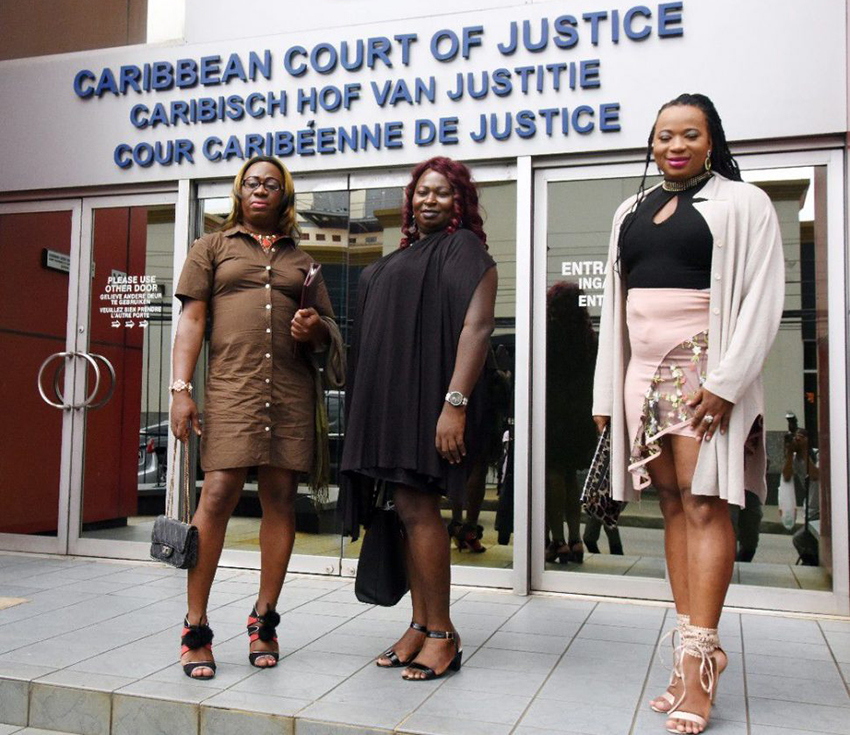 I have the luxury of getting up every morning and being able to freely choose my clothing according to my personal style and how I feel. I need not worry about being heckled in the street, being marginalized from society or even bearing the slightest amount of fear because of my sartorial choices.
I have the luxury of getting up every morning and being able to freely choose my clothing according to my personal style and how I feel. I need not worry about being heckled in the street, being marginalized from society or even bearing the slightest amount of fear because of my sartorial choices.
This may come across as grossly unimportant to many and mostly straight people like myself because we are a privileged bunch, even if we don’t realize it. Nevertheless, could you even imagine a life of having to live in constant worry every day about being potentially jailed for something as petty and nondestructive as your sartorial choices? It seems absurd and is incredibly hard to picture, but up until a few days ago, legally, this was the case for Guyanese, particularly trans members of the LBGT community who choose to cross dress. Cross dressing involves wearing the clothing of the opposite gender. But what is gender anyway? And who or what decides get the right to decide this?
People tend to say that gender is dependent on what private parts you were born with and what is filled out on your birth certificate and this in turn should influence how you dress. But our original understanding of gender is deeply flawed. Because of this, many places in the world now have a more inclusive way of looking at gender, with several countries offering a third option on birth certificates.
Gender isn’t determined by genitals; it is more about how you feel about yourself and how you embrace those feelings through your appearance, clothing and other choices. But people who choose to identify according to society’s popular constructs and our ingrained teachings of what gender is would probably have a difficult time wrapping their heads around this. I did too until I decided not to bask in the post-colonial rules and hurtful religious teachings.
With the Caribbean Court of Justice’s (CCJ) recent ruling that the law prohibiting cross-dressing is unconstitutional – a huge win for the LGBT community in Guyana, there is bound to be a more conscious approach to fashion expression. Fashion has never and will never be a clear indicator of someone’s gender identity. Not every gay man will dress flamboyantly and not every trans person will be noticeably eccentric in drag make-up. Once this is struck from the law, although it will not bring an end to systematic discrimination, there can be greater freedom of expression which can have a knock-on effect on how people in general choose to dress.
It will also create the opportunity for more gender fluid clothing to be accepted and deemed fashionable. Who knows it may even be an opportunity for a niche business. Of course this will not happen overnight, but I genuinely foresee a more open way to how we approach and think about fashion.
Proud people, confident in themselves, radiate a special type of consciousness. The mental blockage of wanting to constantly partake in stereotypical gender dressing is not present.
Guyana still has a very long way to go when it comes to improved LBGT rights, but the recent ruling is a great stepping stone to greater things to come and a reminder that freedom of expression can only help us to grow socially. We must always be willing to look at the bigger picture, and not only when it concerns us solely.










